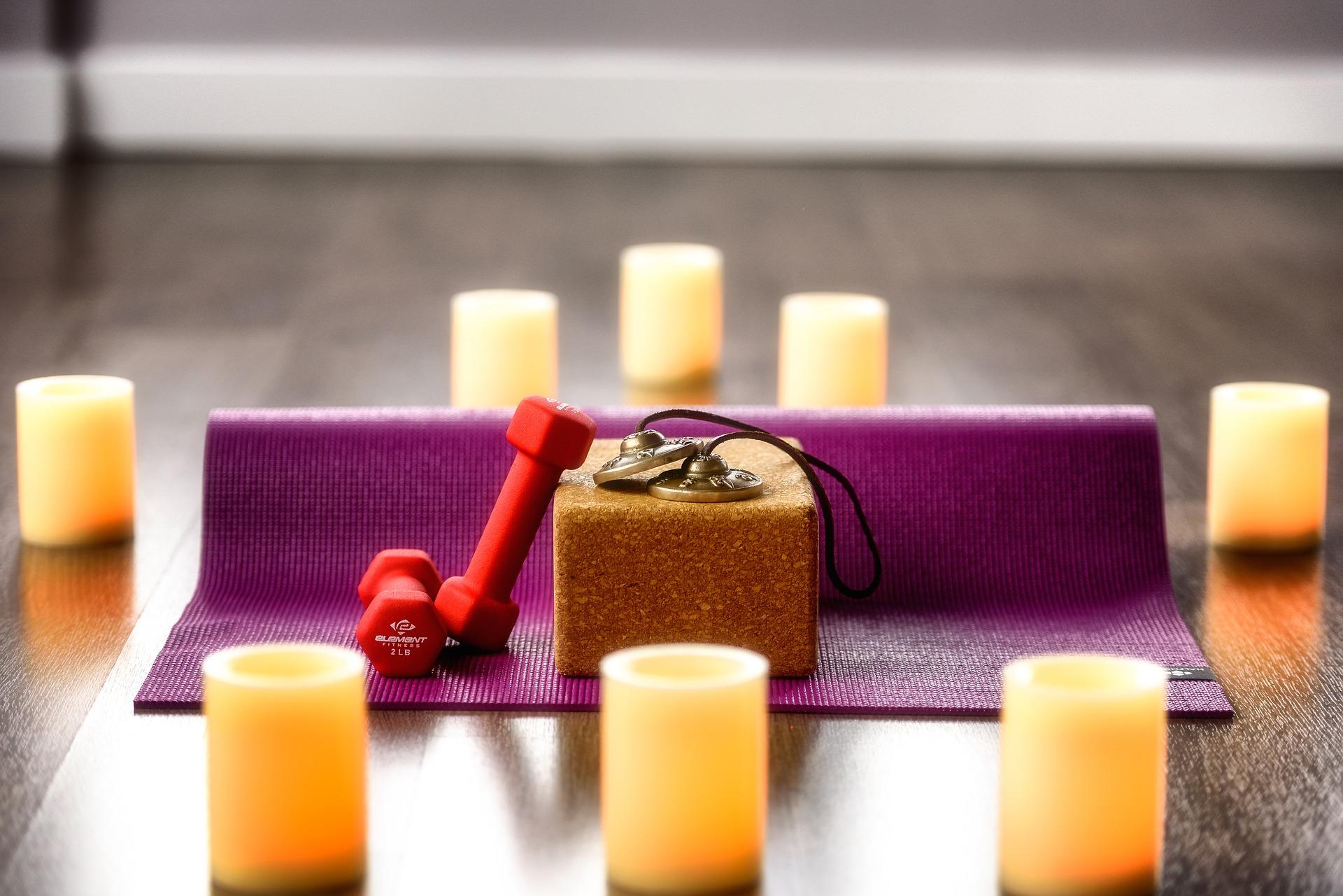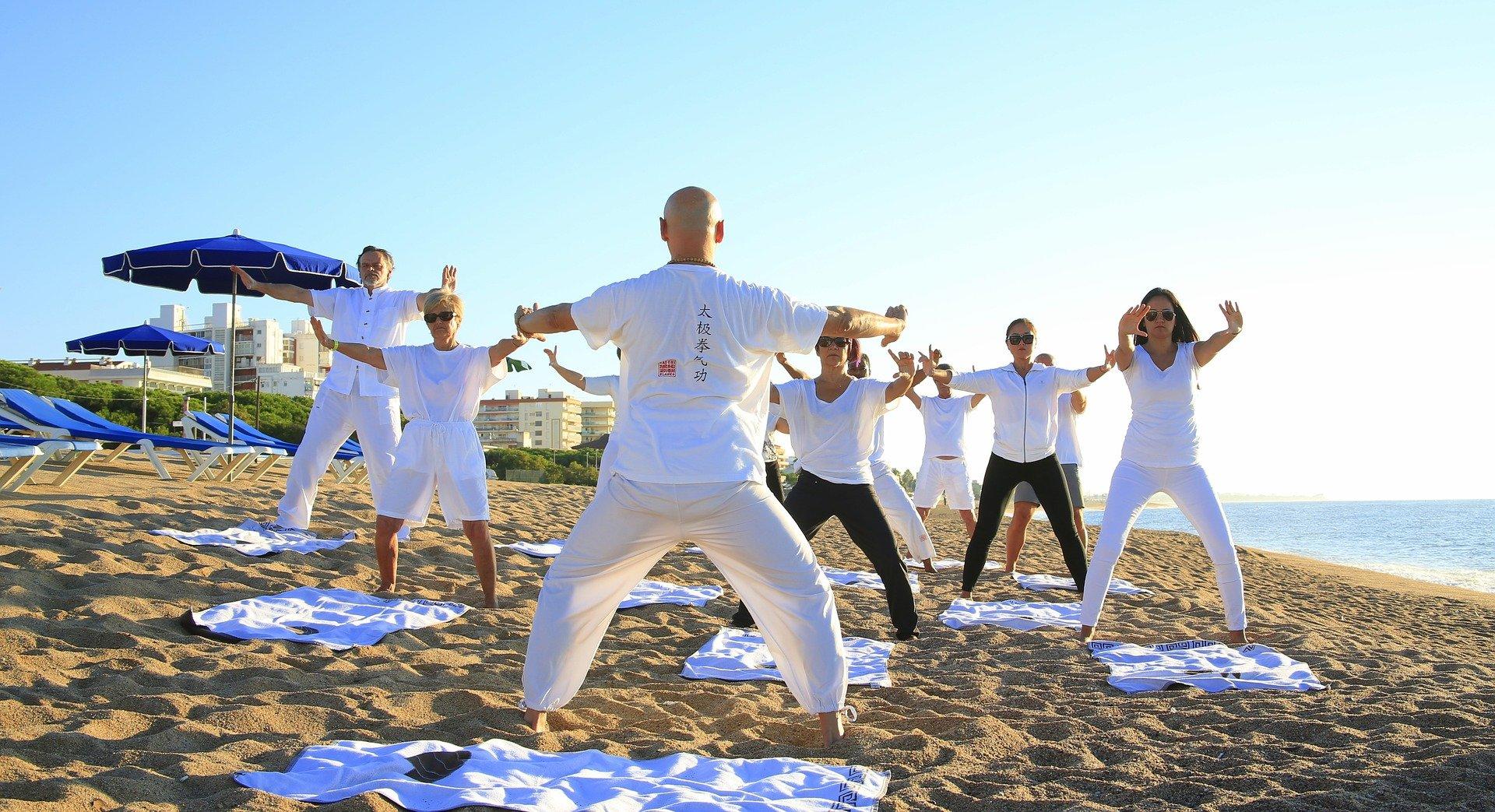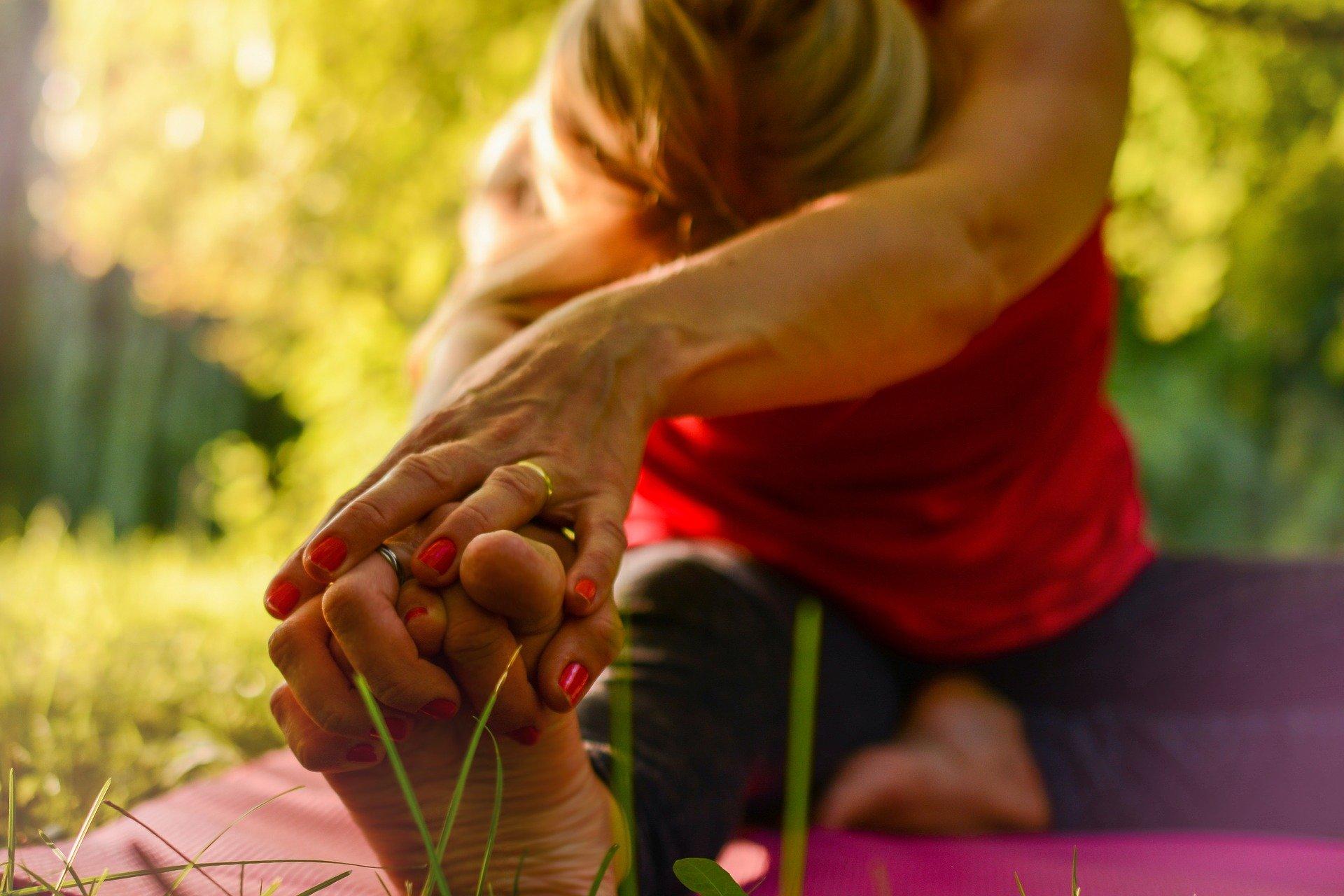“We are always the same age inside.” – Gertrude Stein
As we age, we become more prone to conditions like diabetes, obesity and cardio-vascular disease. Additionally, your joints wear down and muscle mass diminishes. It is, however, not true that older folk are more fragile than youngsters. It is, in fact, inactivity which leads to many health issues, including fragility. Starting to follow a programme of exercise will turn your life around … to the extent that you not only smell the coffee, but also the roses, the ericas and, possibly, even the proteas!
Need more convincing?
Keep reading and find out why it’s beneficial to continue exercising into your 50s and beyond.

1. Discover the Fountain of Youth
Getting fit in your 50s holds an untold number of benefits for you and your general health. Exercise, on a regular basis, can counter the effects of osteoporosis, which affects women far more than it does men. This condition often surfaces during menopause, when women’s oestrogen levels fall. Fractures can then occur more readily!
If you start to exercise, you will strengthen your muscles and improve your co-ordination and balance, which will minimise the risk of falling. Physical activity can also keep cholesterol and high blood pressure in check. You will also find that you sleep better.
There are many ways in which exercise keeps you looking and feeling younger for longer. Embark on a programme which includes walking, cycling and swimming to ward off cardio-vascular disease.
Do seriously consider activities like Pilates, yoga, Tai Chi and gymnastics. These activities are good for toning your muscles and reducing the risk or impact of arthritis.
To maintain your co-ordination skills, consider archery or golf.
Do remember that it’s tougher to stay active if you’re participating in an activity you actually don’t enjoy. What is important, of course, is that you keep moving! DIY, gardening and going up and down flights of stairs are all good for you. So, walk or cycle instead of jumping into your Kia Picanto or BMW and walk the dog more!
The best way of getting fit in you 50s is to get and stay moving. Only potatoes should be confined to couches. Don’t you agree?
2. Add Years to Your Life
Exercise can add years to your life and life to your years! Numerous studies have proven the benefits that flow from regular exercise and participation in sport. People who eat well and exercise on a regular basis record low mortality rates.

A study conducted on around 1 000 over-65s by CHU (Centre Hospitalier Universitaire) in Saint-Etienne, France reflected that, over a 13-year period, as little as 2 hours and 30 minutes of exercise reduced the risk of dying by 30 to 57%. This underscores the fact that exercise is good for your health!
Stuff to get you up and exercising, don’t you think?
So, the benefits are clear. All you need to do is get up of that couch or out of that arm-chair and get moving! Ramp up your overall fitness with the right set of exercises and keep your weight in check too!
3. Lessen the Impact of Age-related Conditions
Good health in your later years is a greater treasure than a good pension!
Taking a regular walk along the beach-front or a little walk in a botanical garden or just around your neighbourhood will help you stave off the negative impacts of conditions such as cardiovascular disease, arthritis, obesity, high blood pressure and feelings of loneliness and isolation! Get started today and turn your life around!

4. Retard Cognitive Decline
Did we say retard? We really meant it in the best sense of the word, i.e. slow down. Fitness in your 50s has helped reduce the risk of contracting of Alzheimer’s disease and can even diminish the symptoms in individuals living with it!
There is a strong link between memory and sport, since participating in physical activity can cause the brain to create new neurons. You might think that workouts and particular exercises only focus on weight, strength and flexibility. It is very encouraging to also note that your brain is also involved and benefiting. So, while you’re being physically active, you’re also being mentally active: a double bonus!
A study of over-75s in hospital, has shown that those who exercise regularly have a better quality of life and slower mental decline. Exercising patients are also less dependent on medication.
5. Improved Mental Health
Doctors and athletes are agreed: exercise is good for your mental health.

When exercising, serotonin and endorphins are released. These are mood-boosting hormones. These hormones have a chemical structure similar to opioids, but there’s no need to fear, since the brain produces them naturally. After about 30 minutes of exercise, you’ll start enjoying their benefits!
Even light exercise, as a part of your routine, done throughout the day can trigger health benefits. You don’t always have to do heavy or intense workouts! You can engage in shorter workouts which are tailored to your age and fitness level. Even just walking more regularly can soon have you feeling better, both mentally and physically.
6. In Their 50s Women’s Muscles Develop Quicker
Once women have passed menopause, their bodies produce more androgen than oestrogen, which means that their muscles develop more rapidly at 50 than when they were 30.
Interesting, isn’t it?
This does not mean that over-50s will suddenly become weightlifters of note after just one workout or that they can displace the weights they could in their younger years. What it does mean is that the effect of their workouts will be noticeable after a much shorter period of time than earlier.
7. Rev up Your Social Life
“If you want to go fast go alone. If you want to go far, go together.” – African proverb
Exercising on your ace, may be great when you start out and you need to build up flexibility, endurance and confidence. However, to sustain your gains and to stay the course and enjoy the benefits of overall fitness, it is far better and enjoyable to work out with, at least, one other person. It will create the opportunity for you to get out of your house, get in some fresh air and mingle with other like-minded folks.

You’ll soon have a brighter outlook on life and start to enjoy a far livelier social life. While exercising might not necessarily replace your medication, it is brilliant at fighting depression.
Exercise is also beneficial for your overall health and mobility, so do get away from the couch and move about as often as you can. You will also see your family and friends more often and lead a rich, fulfilling life.
Are There Precautions to Take?
Although the risks are not many, getting fit in your 50s is not the same as getting fit at 25 or 30. Consult your doctor, who may be in a position to advise you on the types of exercises to engage in and which to avoid. This is very important, especially if you have a condition that could be negatively impacted on by exercise, like a heart condition, for instance. Some activities, like non-contact sports, would come recommended more highly than others.

Generally speaking, it’s better late than never, to start exercising regularly. You may not be as strong as you once were, but you can still work towards fitness in your 50s. Your muscularity diminishes by 30% every 10 years. However, after about six weeks of targeted exercised, you can regain quite a bit of strength and flexibility.
You want to get fit, right? Not injured! So, go easy on yourself and, firstly, ensure that you warm up adequately before attempting any physical jerks! After your exercise session, also take some time out to ‘warm down’. If you’ve been running, slow down for a spell, walk a bit, before performing a few stretches. In your 50s, recovery takes a bit longer! Therefore, ensure that your get a good night’s sleep and build in rest days, if needed, especially when you’re just starting out.
Very senior adults can exercise while sitting in a chair, especially if they experience pain in the leg or back. Make sure that whatever exercises you do are right for you and follow your doctor’s instructions.
The benefits of regular exercise include:
- More energy
- Less fatigue
- Improved strength and flexibility
- Less stress and better mood
- Increased lung capacity
- Better sleep
- Improved immune system
Exercise is good for your health as long as you follow a plan that is specifically designed for you, possibly by a fitness instructor or personal trainer. You can locate a clue-up up professional on the Superprof website. They will assess your needs, tailor-make a programme for you to follow and guide you every step of the way.
Some people believe that one-on-one coaching is expensive, but let's consider the other options. You may decide to enter a group session, where nothing actually suits you or, because you try to stay with the group, you over-exert yourself, end up injured and set yourself back several weeks or months.
On the other habd, joining in group training sessions is a great idea if you’re on a tight budget and relish the company of others. The other members can also serve to keep your motivation levels high and possibly, extend your social circle.
So, carefully consider the way you want to proceed, bearing in mind your lifestyle, availability and budget. Oh, and remember: Superprof has a bunch of coaches who offer the first session free of charge! Gratis!
So, why not give a couple of them a try on your way to identifying the one who is just right for you? Good luck! Here’s to your health!
Summarise with AI:















